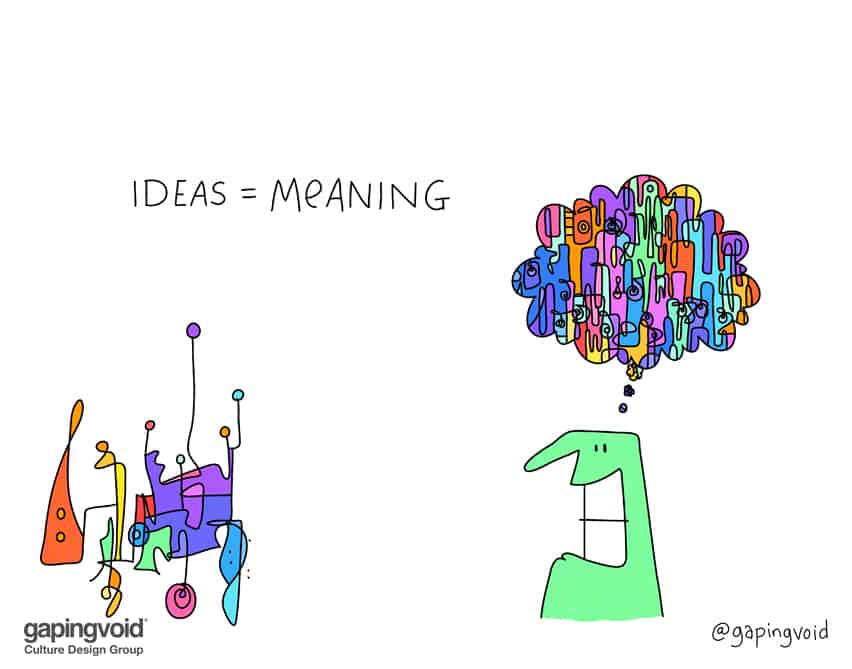
Dave Trott is a British advertising legend, who co-founded GGT in the 1980s, after a stint of working under John Webster at BMP. One of the best writers in the business, he now writes a popular weekly column for Campaign Magazine and another for his own blog. We strongly urge you to check out his books, which are superbly entertaining reads.
|




Huh, I always thought Thomas Jefferson wrote the Declaration of Independence. Perhaps William was his under-appreciated cousin? Getting such a basic fact wrong (even if you are British) diminishes one’s claim to being a know-it-all. A little more review may have been helpful in this case.